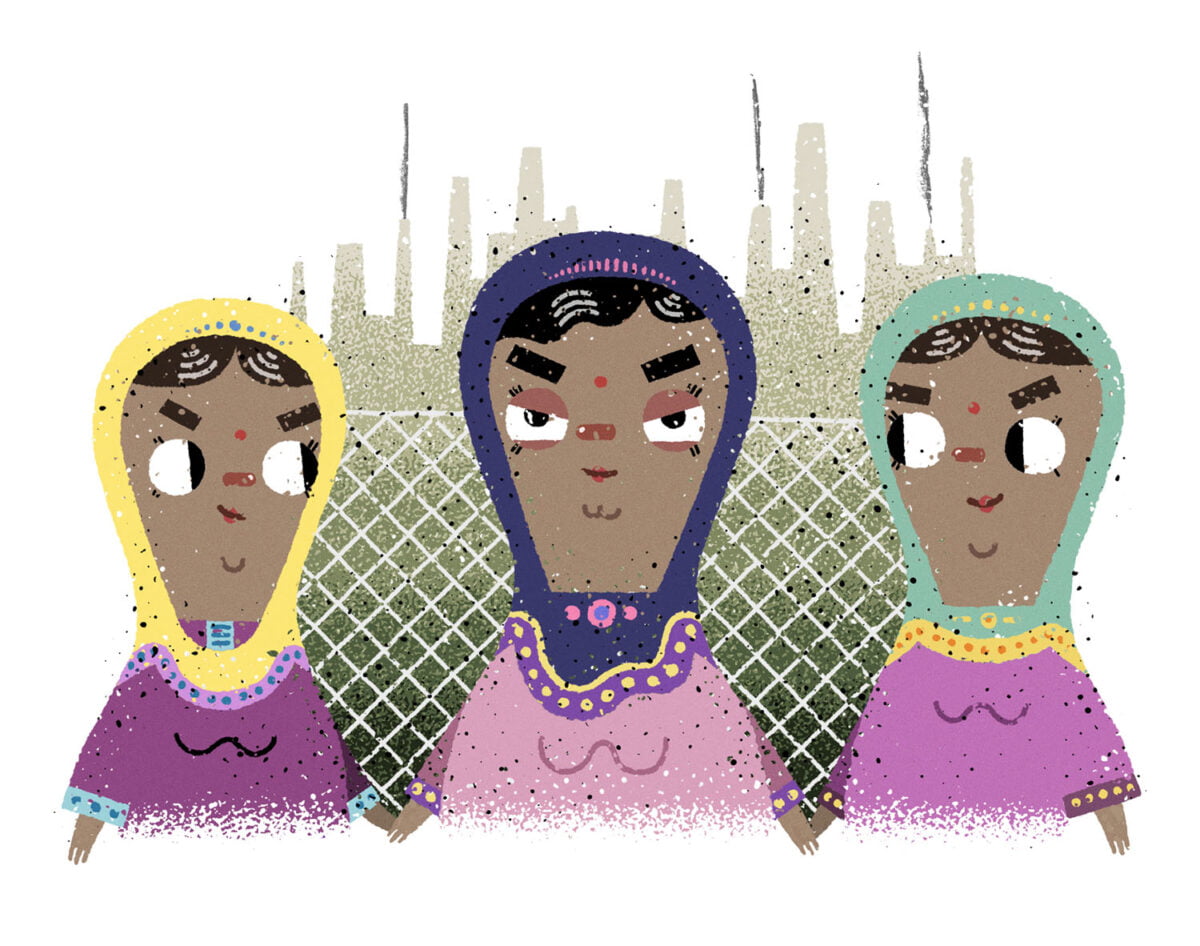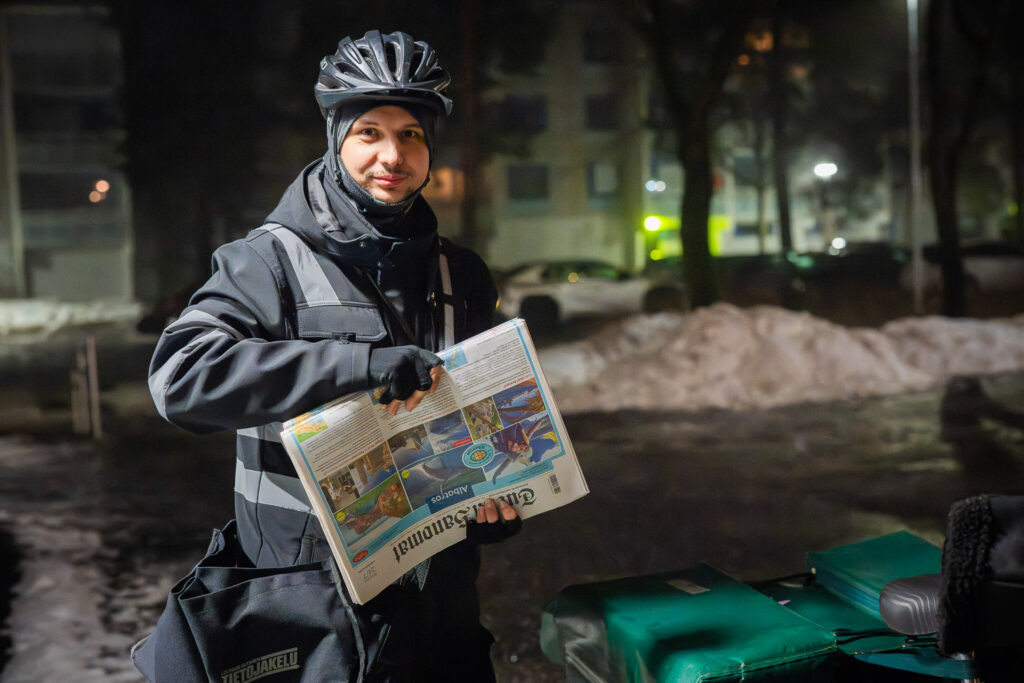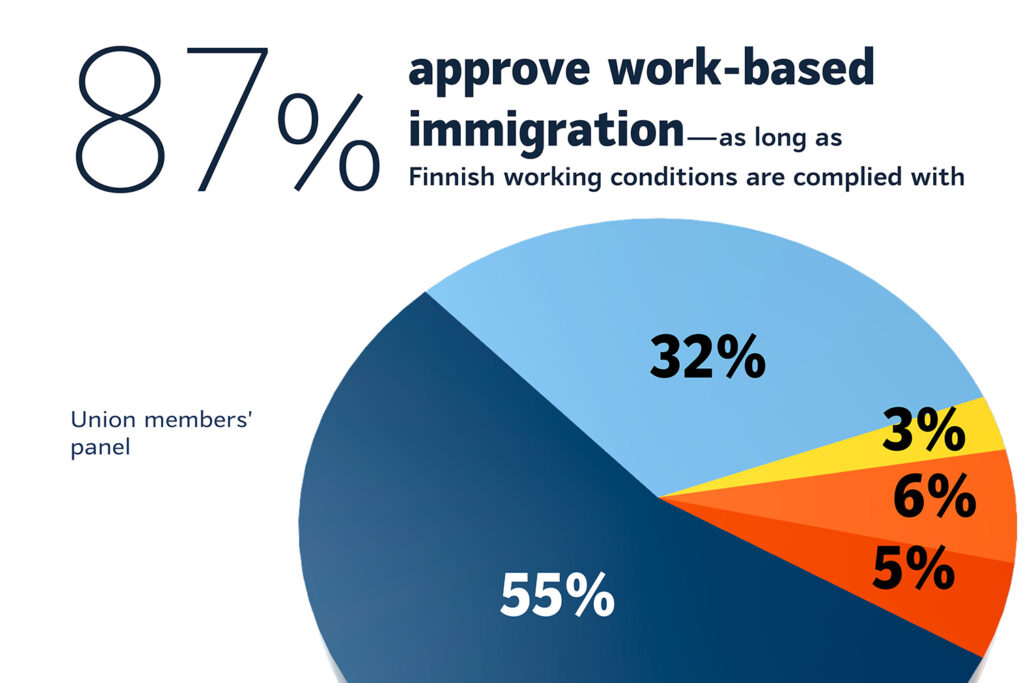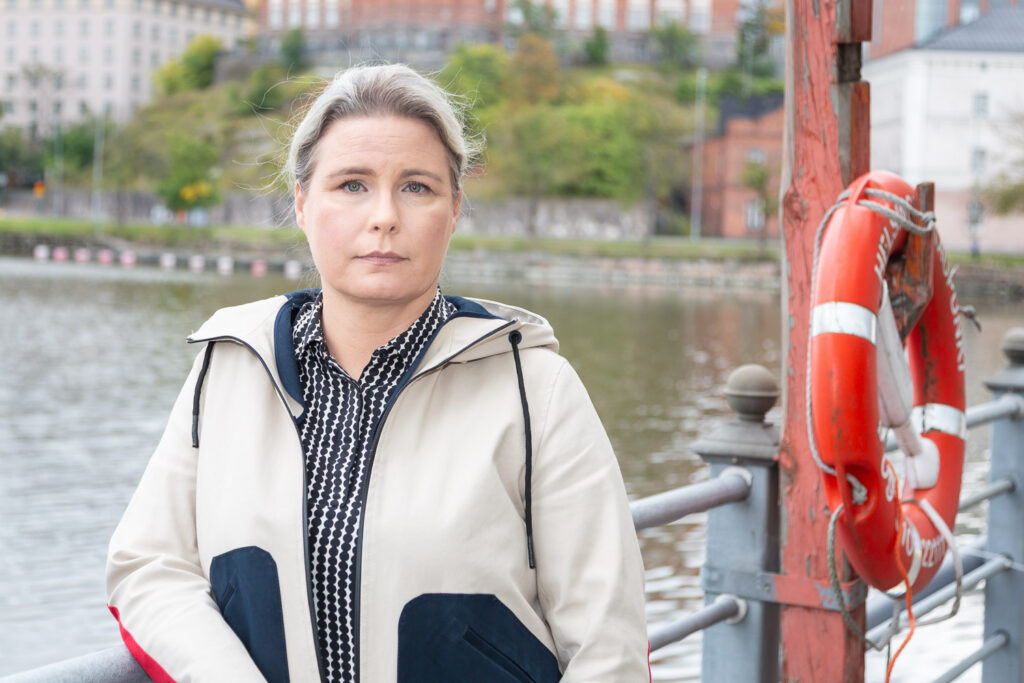What if there were no trade unions?
Unionisation into trade unions is a human right.
12.2.2020
“It’s difficult to imagine that an employer would fix glaring injustices or make unsafe work safe just for the sake of it. Someone must demand these things for them to become a reality. People must unionise themselves into trade unions and defend their rights collectively,” says Tarja Valtonen.
Valtonen works as an International Operations Officer at the Trade Union Solidarity Centre of Finland (SASK). SASK is supported by the Industrial Union. SASK is a “human rights organisation of the working life” with 35 ongoing projects in eight countries.
In the latest union assembly, the Industrial Union decided to reserve one per cent of its membership fees to support unions fighting in poorer countries. Why? This is an easy question for Valtonen to answer.
“First of all, it’s fair. Human rights, such as the right of association, the right to strike and the right to bargain collectively, belong to everyone.”
“Secondly, bad practices in the working life tend to spread from one country to another faster than good ones.”
“Thirdly, if workers had decent working conditions everywhere, companies would not be so tempted to move their factories out of Finland in search of cheaper labour. There would no longer exist so many safe havens for the companies who behave the worst,” Valtonen highlights.
The trade union movement also serves as a watchdog for the Finnish companies who try to trample on workers’ rights elsewhere.
“If workers do not have fundamental rights or the right to negotiate their terms of employment together, anyone can see what that leads to. Prolonged days, illnesses, injuries and, at worst, deaths,” Valtonen says.
ILLUSTRATION TUOMAS IKONEN




